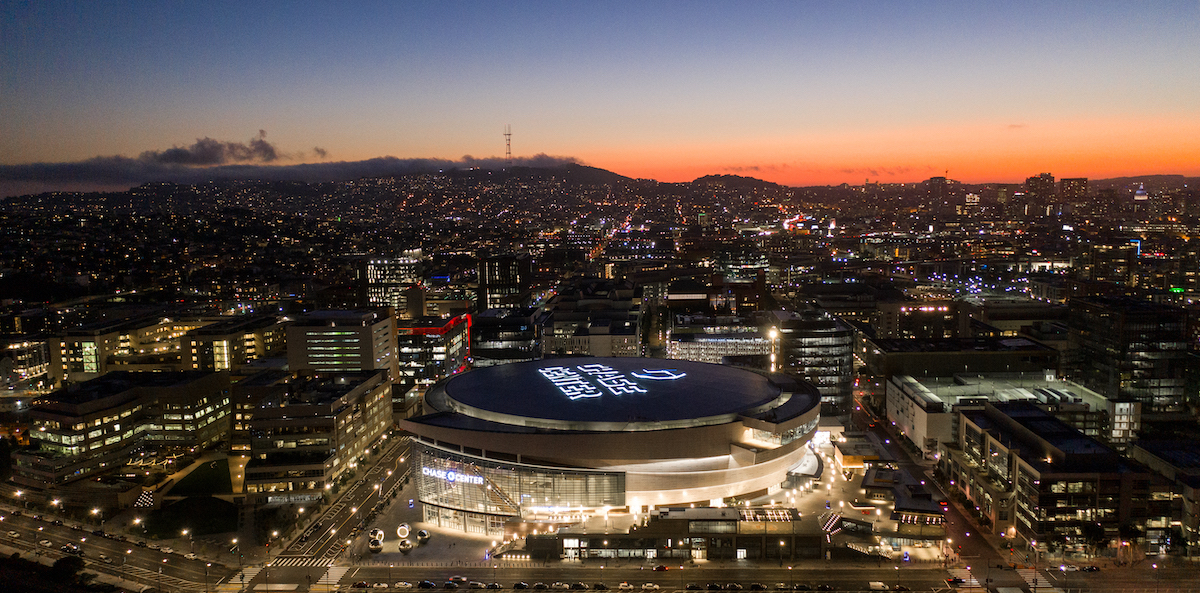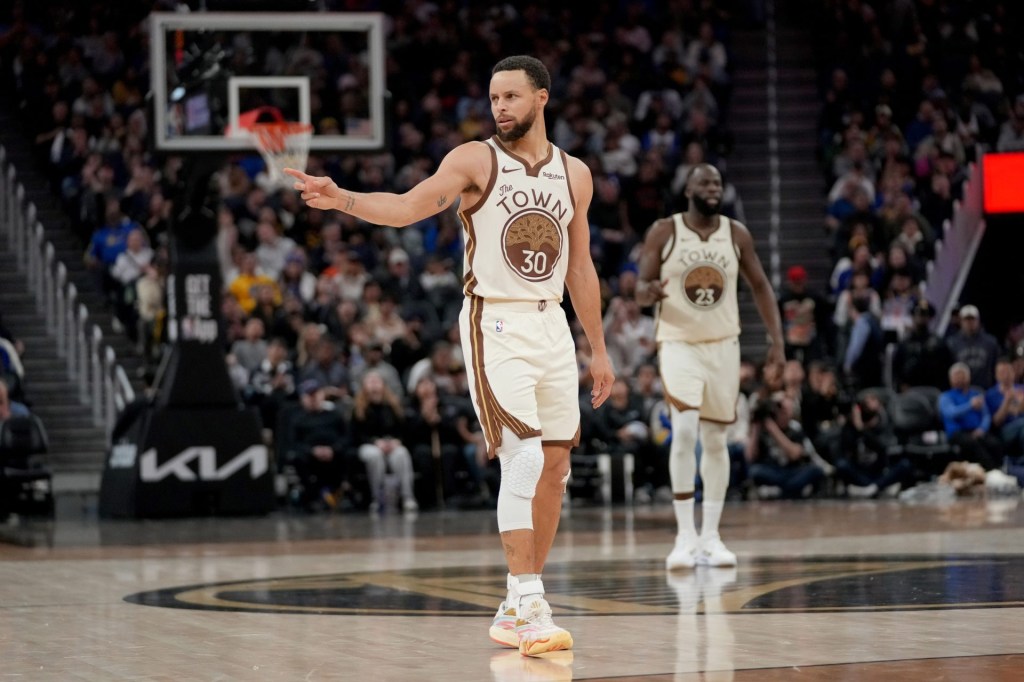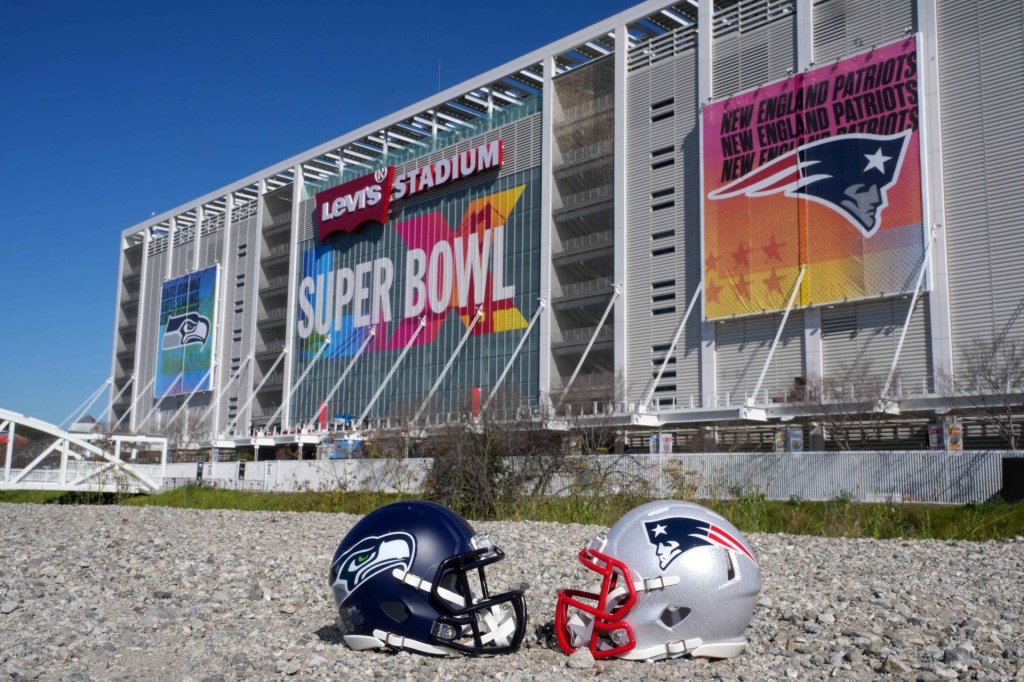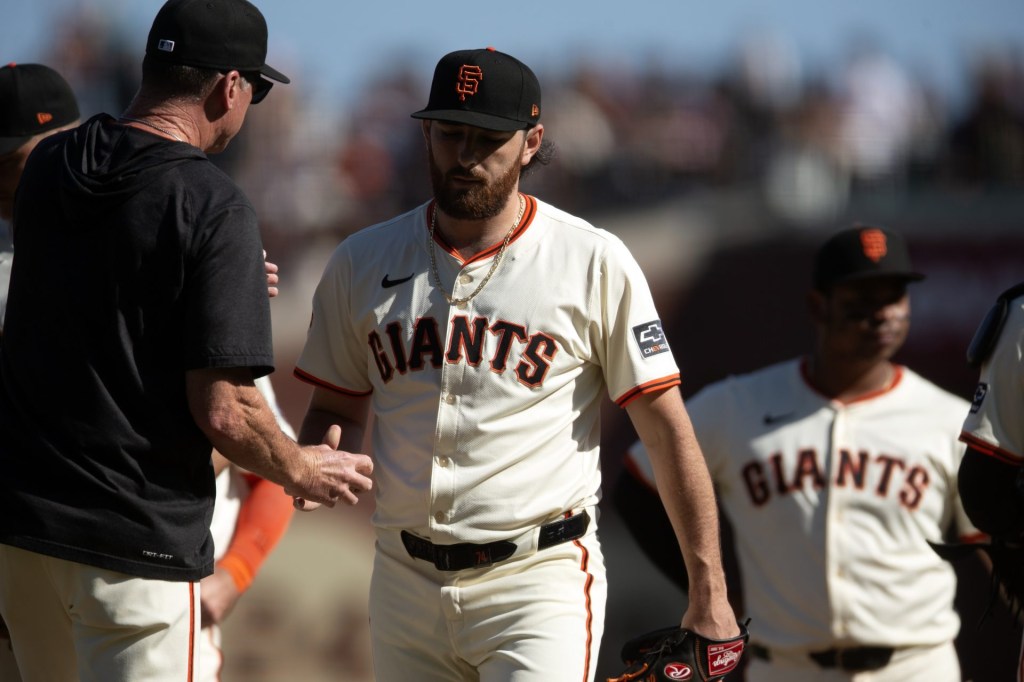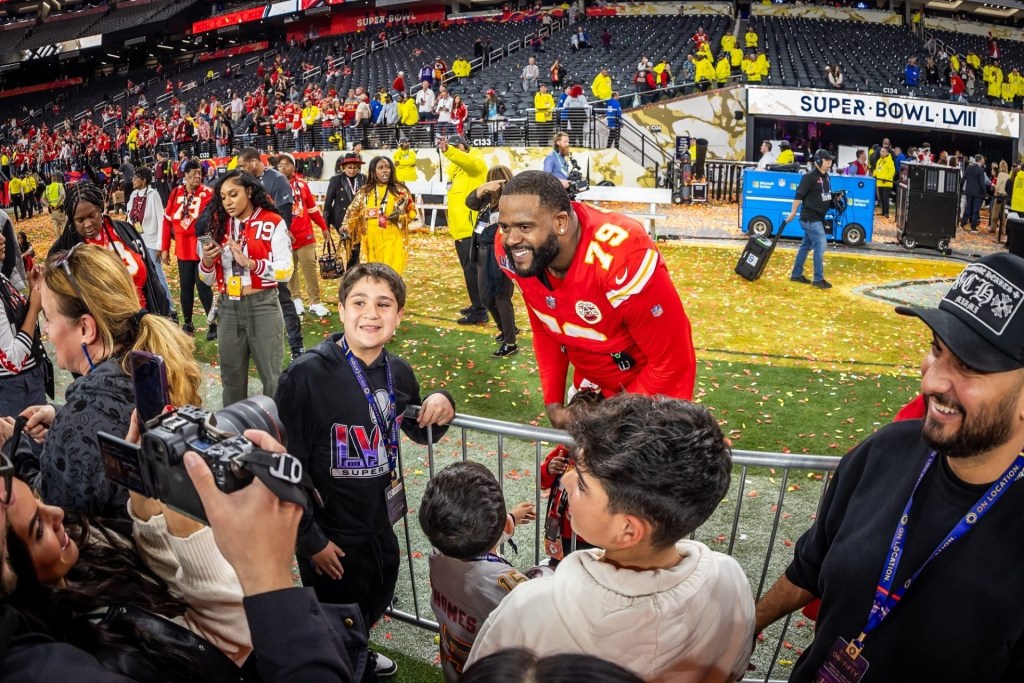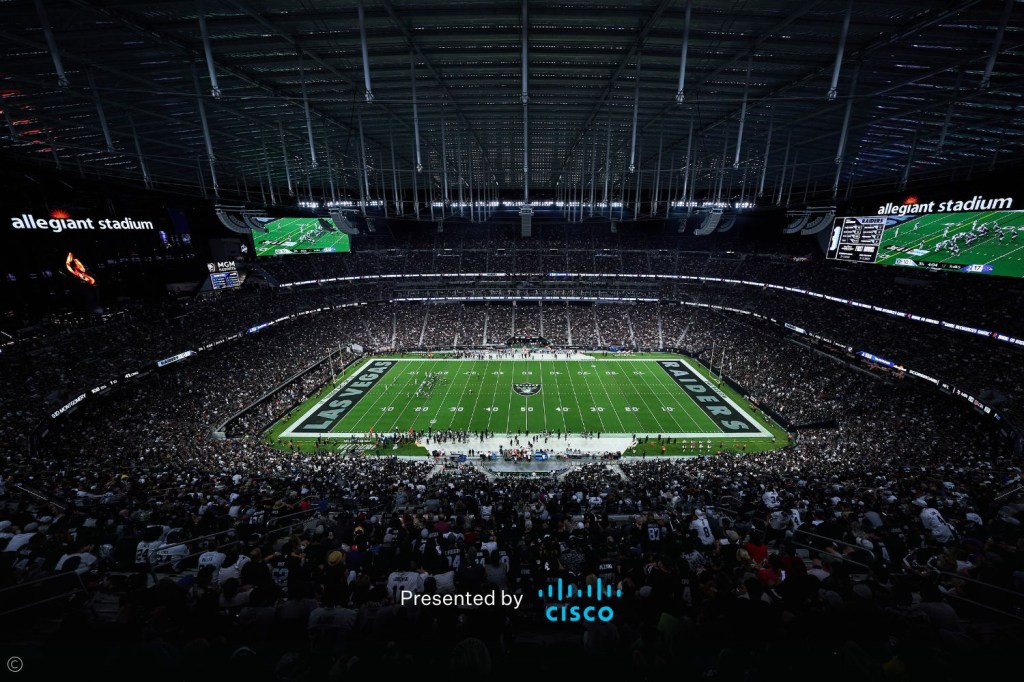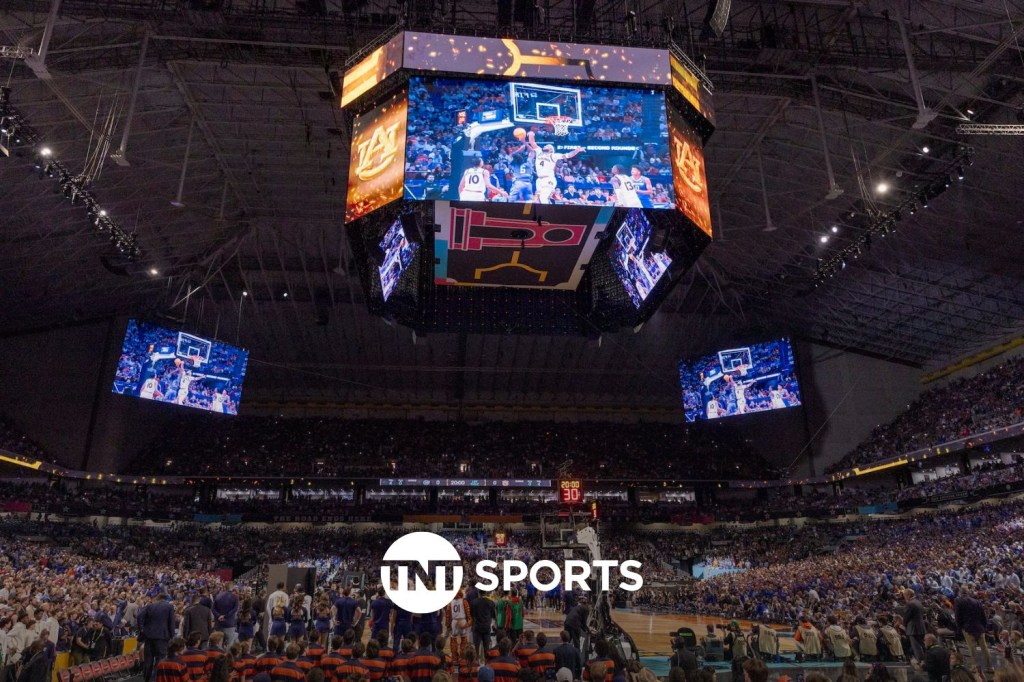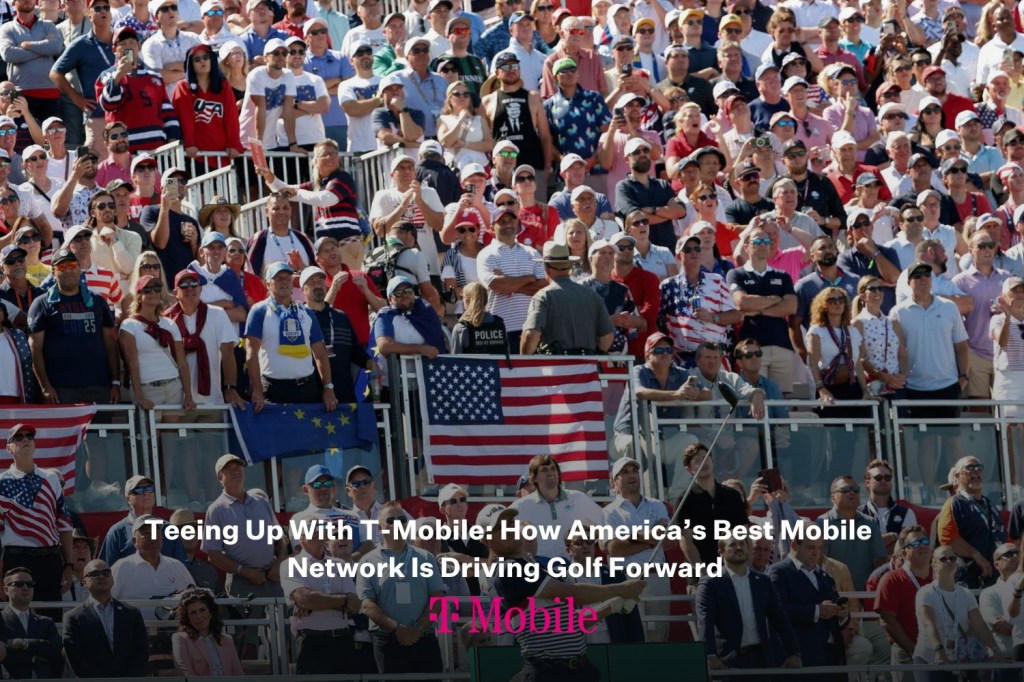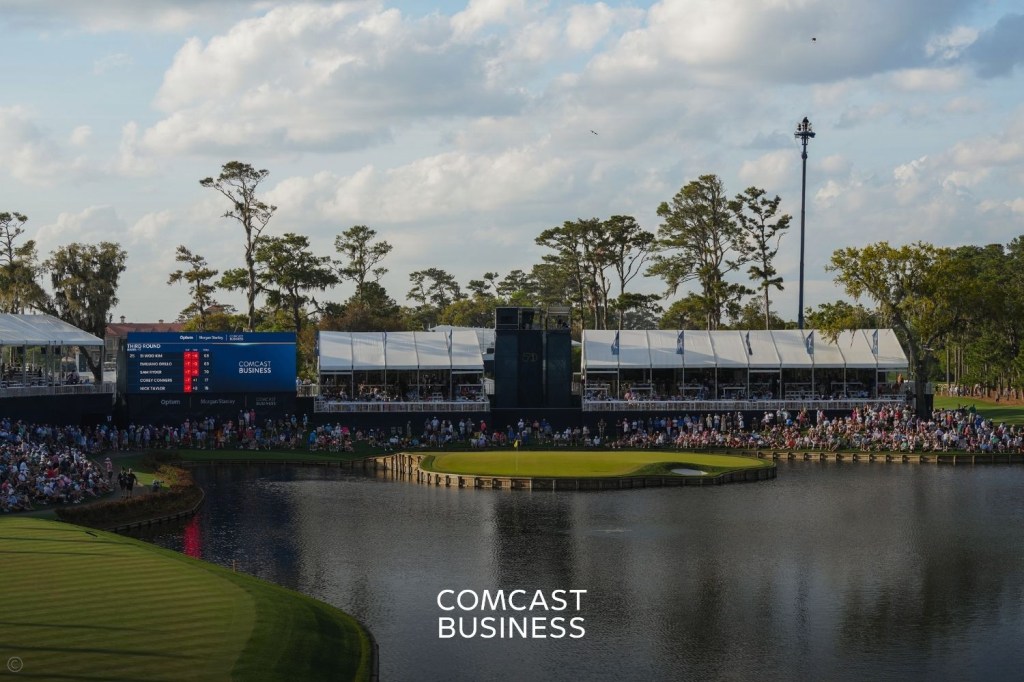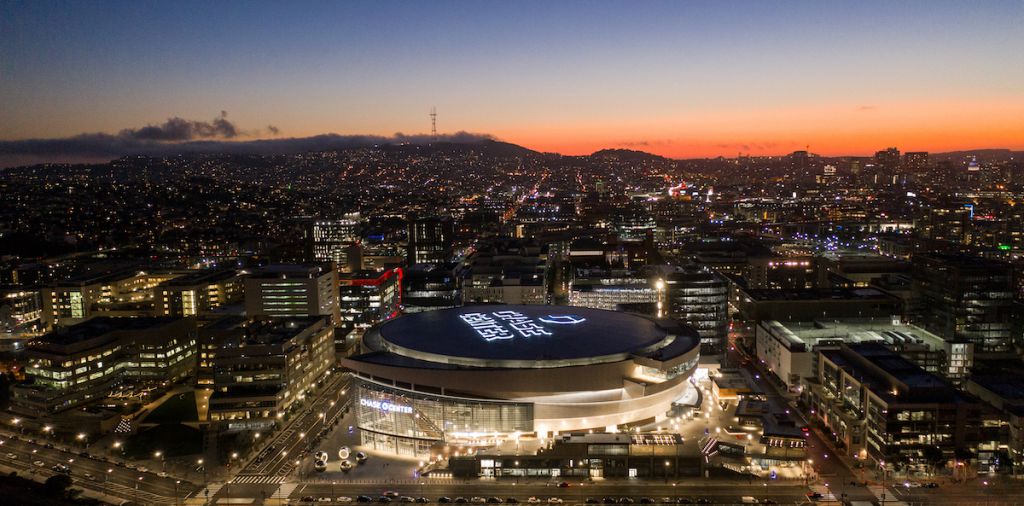
As the Golden State Warriors kick off their first season in the Chase Center, the organization is making a cognizant effort to keep ticket prices stable.
Despite moving from the oldest arena in the NBA to a long-awaited, state-of-the-art arena that’s 1,500 seats smaller and plays home to one of the best teams in the league, the Warriors have kept ticket prices relatively stable, said Brandon Schneider, the team’s chief revenue officer.
“We weren’t really concerned, we knew that everything was going to be sold out,” Schneider said. “We focused on how do we create a process that’s the best it can be for our ticket holders.”
The first win around the move for the ticket sales team was retaining 70% of season ticket holders from the last season at Oracle Arena, which was the upper end of estimates by the team, Schneider said.
Historically, he said teams moving arenas – even in the same market – only see a 55-60% renewal rate.
Schneider said season ticket prices stayed level, by way of altering some grandfathered prices – which allowed some fans to have better seats at lower prices than others. Now with 27 price sections, some longer-term ticket holders were charged a bit more, but newer ticket holders might pay less.
“This was our opportunity to reset,” Schneider said. “The way I think about it is that prices from Oracle Arena to Chase Center were basically flat. It surprised people, because typically when you go into a new building, you see prices go up 30-40%.”
The arena has plenty of small upgrades, like more spacious seats – two inches more legroom and width – 44 suites on one level, keeping the upper deck closer to the action while there are also 32 court-side lounges under the lower bowl. Additionally, the scoreboard is the largest in the NBA, with nearly 10,000-square-feet of display space.
Some of the ticket members who didn’t renew likely did so because of the 11-mile move from Oakland to San Francisco, Schneider said. However, he said, Chase Center is easier to get to from virtually every part of the Bay Area except the East Bay.
“For a large portion of our fans, it’s not a huge difference, so that was helpful,” he said.
The team has made a further commitment to remaining the Bay Area’s team, not just San Francisco, Warriors President Rick Welts said. Along with repurposing the team’s old practice facility and offices in downtown Oakland for non-profit use, Welts said the team will keep several callbacks to the Oakland tenure. The team will continue to occasionally wear “The Town” jersey with an oak tree on it representing Oakland and will also roll out a court that has a tribute to Oakland as well.
“It’s really, really important for us to be the Bay Area’s team,” Welts said, referencing paying tribute to its Oakland past and keeping community relations projects on both sides of the bay.
44,000 people are waiting in the wings for season tickets, Schneider said, so the Warriors also adjusted what was previously known as the Season Ticket Priority Waitlist. Now it’s the Dub Club, a program with added benefits aside from just being closer than others to a season ticket. Because the Warriors don’t expect much turnover from its existing 12,000 season ticket members, Schneider said creating a long-term membership program that offers those waiting for the ability to buy pre-sale tickets to games and other Chase Center events was important to keep that part of the fanbase engaged.
“We look at it as an extension of the [season ticket holder] population,” Schneider said.
Despite celebrating a sell-out streak that stretches back to 2012 – 343 games – and team success that could continue to keep the seats filled even if prices skyrocketed, Schneider said that there’s a firm commitment to keep tickets accessible and affordable for the general public. That includes two programs that have tickets available for $25 a game.
“As the team’s gotten good, tickets, not just for the Warriors but in general, aren’t cheap,” he said. “We’ve talked about trying to figure out some unique ways to make our tickets accessible to more people.”
READ MORE: Chase Center Providing Warriors Plenty of New Discoveries
The Splash Club is like a soccer supporters’ section and the team offers 125 $25 tickets to a rowdy bunch of fans who submit an audition video for the tickets to the team.
The other club is Dub Nation Deals, which is another 125 $25 tickets geared toward families. Those tickets are available via a text reservation system for fans who sign up on the team’s website. The texts go out a day ahead of time but don’t get seat location or barcodes until just before game time to prevent selling the ticket.
“To be in a sold-out situation like this, to have an ownership group that’s willing to make this commitment to sell these tickets for $25 because it’s the right thing to do is, making a pretty significant statement,” Schneider said. “We always try to think of things in the long term. We have this big waitlist, we could probably charge more, but we want to reward those people who have been with us through thick and thin.”
READ MORE: Chase Center Allowing Warriors to Do More With Fewer Partners
While the Dub Nation Deals and Splash Zone offer cheap ways into Chase Center, there is a challenge at hand for the team – and all teams for that matter – when it comes to the secondary market.
“Let’s say we made the decision to price tickets significantly under market value, which we could do, brokers would buy them all and charge what the market would bear,” Schneider said. “So at least when the Warriors are making money, we invest it back in the team. Any money we’ve taken in on ticket sales has all gone toward building the Chase Center and our payroll.”
“That’s how we’re able to keep a good team on the floor,” he said.
